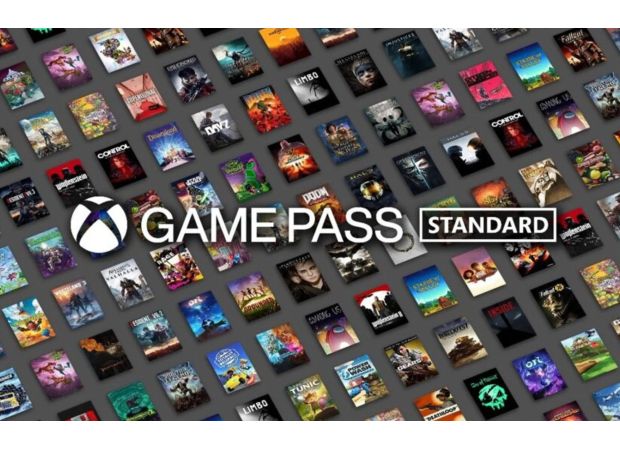Reader doesn't agree with negative outlook on gaming, thinks prices should be higher.
Reader cautions against excessive negativity among gamers, acknowledging issues such as an abundance of inexpensive games.

Is there such a thing as having too much of a good thing? One of our readers shares their thoughts on the growing negativity among gamers and the various issues plaguing the industry. But amidst all the complaints and doom and gloom, there's still a lot to appreciate and enjoy in the world of gaming.
It seems like every week, for the past few years, we've been bombarded with the same grievances in letters and features. From the decline of single-player games to the rise of live service games, from the increasing cost of gaming to the impending crash of the industry - these are just some of the concerns that keep popping up. But are they really true?
Well, there may be some truth to these statements, but the reality is a lot more complex and less satisfying. We tend to see things in black and white and look for someone to blame when things don't go our way. But the truth is, it's not always that simple. Cause and effect can be muddled and it's important to look at the bigger picture.
There's no denying that the landscape of gaming is changing. With the cost of improving graphics becoming more expensive and the difficulty in justifying AAA games and new hardware, it's no wonder that gamers are sticking to older machines and taking advantage of free games offered through subscriptions and backwards compatibility. This shift has benefited Nintendo with their more budget-friendly approach, but it has also posed challenges for Sony and Microsoft and their in-house games.
In response to these changes, manufacturers and developers have tried various strategies such as tiered pricing, going direct to consumer, and focusing on live service games, among others. But none of these approaches have been entirely successful and it's still unclear what the best solution is at this point. It's a topic that would make for an interesting feature, but it's important to avoid the usual knee-jerk reactions and oversimplifications.
Despite all the talk about the death of single-player games, they still make up the majority of releases. However, they have to compete for our attention with the plethora of multiplayer and live service games that constantly demand our time. This may lead some executives to believe that live service games are the future, but it's not that simple. There's limited space in the market and it's tough for new games to stand out. As a result, we've seen a few live service games that have failed to make an impact.
But let's not forget that there have been many amazing games released in recent years - just take a look at GameCentral's top 20 lists. The problem is finding the time to play them all! And this brings us to the issue of gaming being too expensive. Interestingly, the problem may actually be that it's too cheap. Compared to other hobbies, gaming offers a multitude of affordable options such as subscription services, sales, free games, and back catalogues. Personally, I've spent very little on gaming this year but have spent a lot of time playing games. And I'm sure there are many others in the same boat. This means that while we may be spending more time gaming, we're spending less money on new games.
So, there's definitely a problem to be solved here, and there may be more challenges to come. But that doesn't mean that the industry is on the brink of collapse. Unlike in the 80s when the industry was just starting to take off, there's now too much momentum, too many platforms, and too many stakeholders involved. In other words, there's simply too much money at stake. There will undoubtedly be changes and some companies may fold, but there will also be new players entering the market as the industry adapts and evolves. Who knows, maybe we'll see Microsoft stepping away from console making and being replaced by the likes of Valve's Steam Deck. Or maybe Nintendo will continue to gain more market share at the expense of Sony, as their consoles are able to play demanding third-party games alongside their own first-party titles.
There's still a lot to look forward to in gaming, but it's easy to get caught up in the negativity and nostalgia for the past. I'm not suggesting that we be blindly optimistic about the future, but rather to acknowledge that we don't have all the answers at this point. So let's continue to enjoy all the great games that are currently available. Happy holidays!
1 Views






